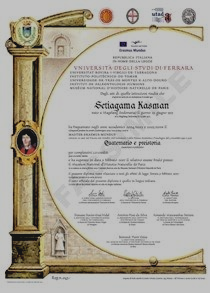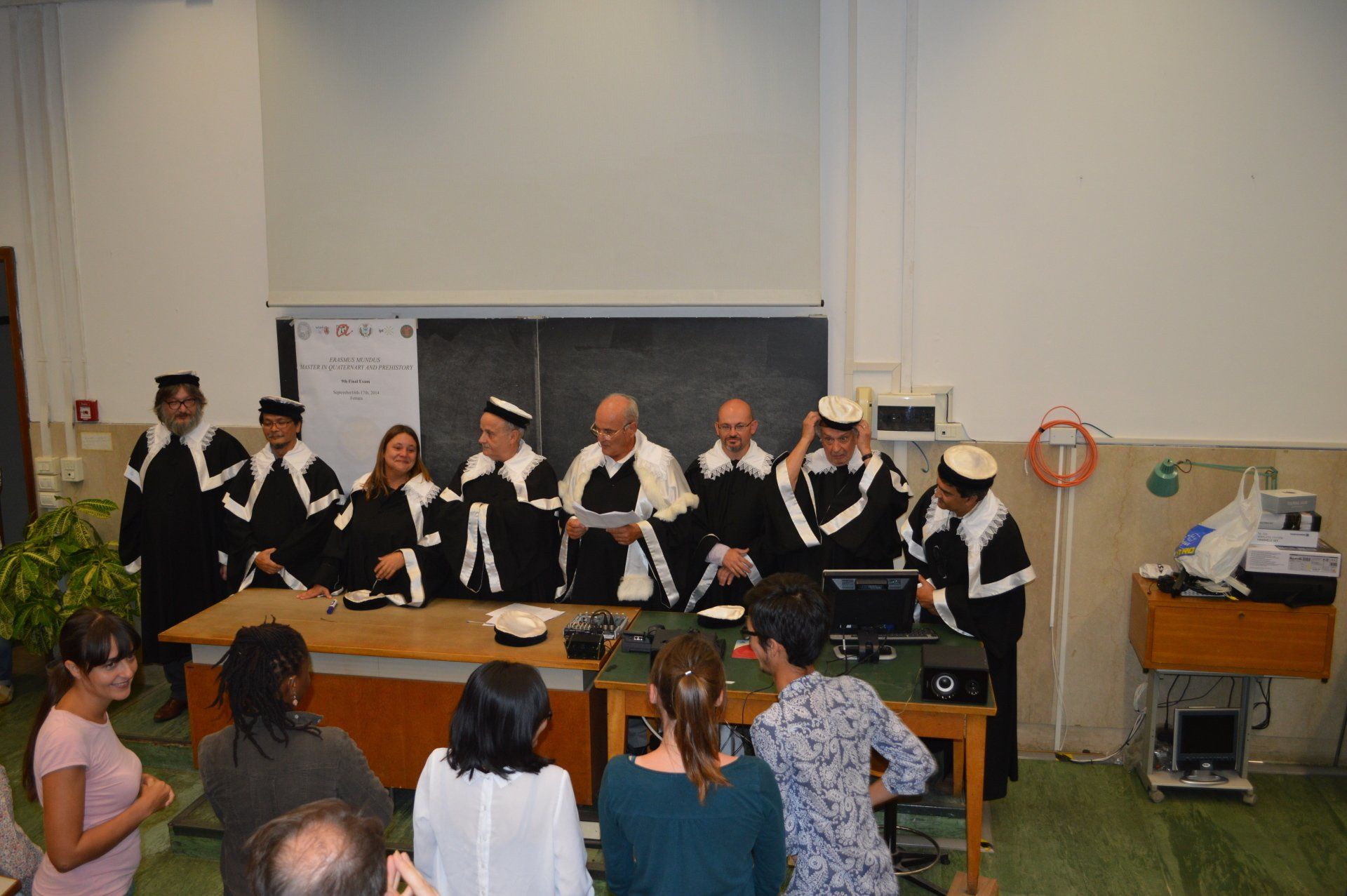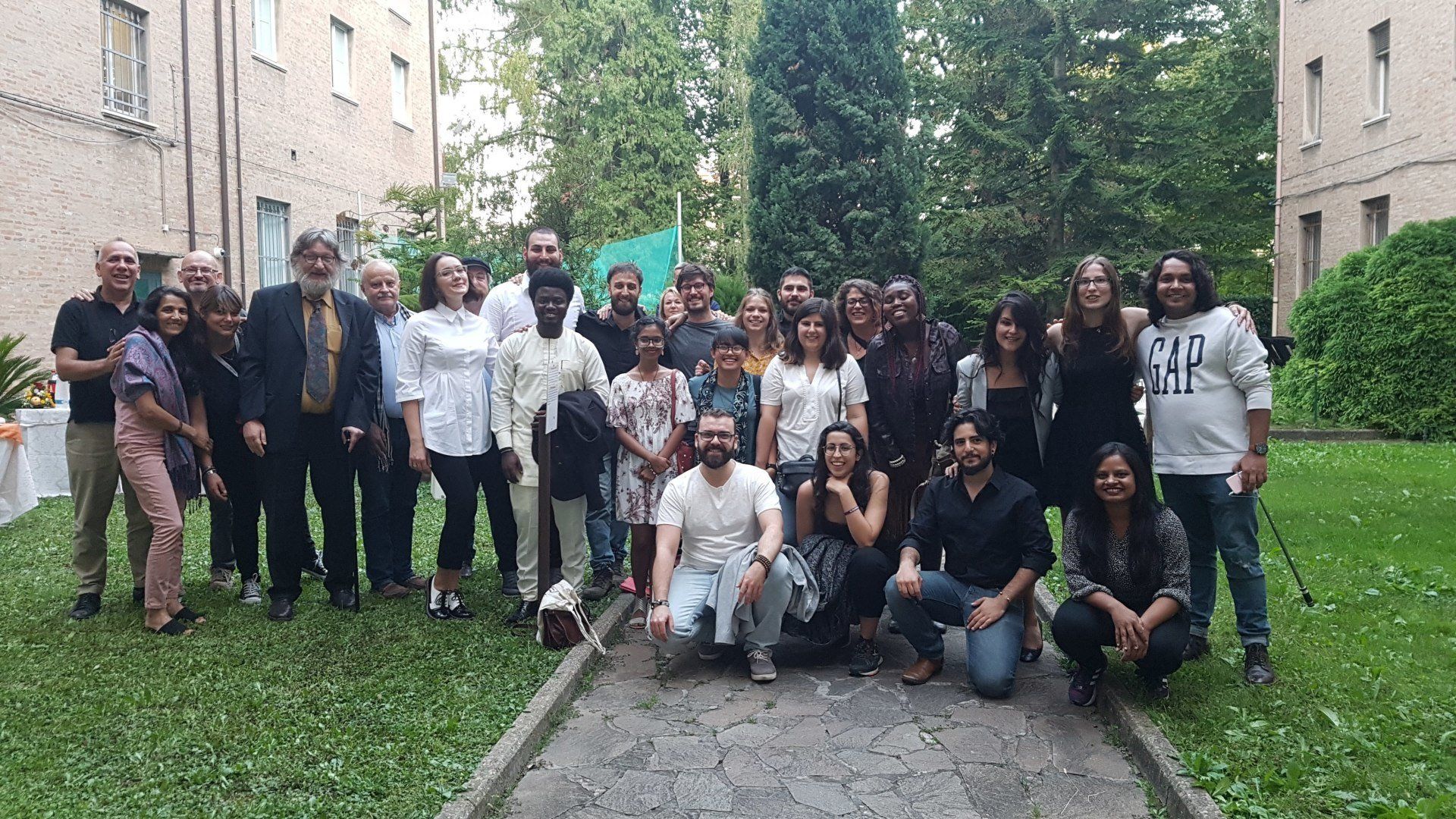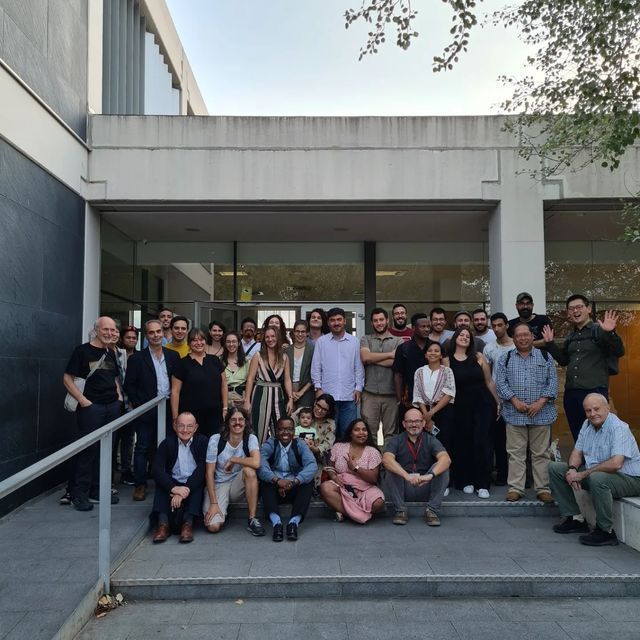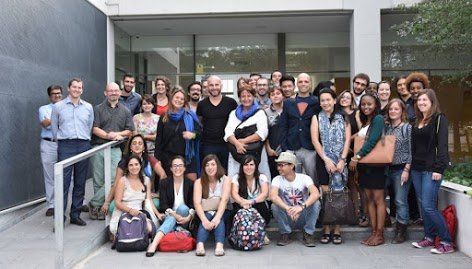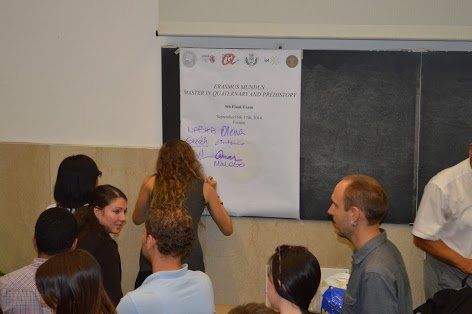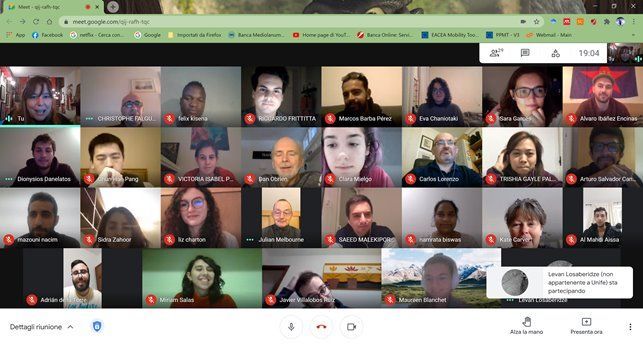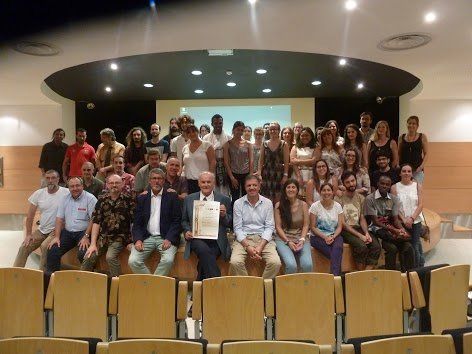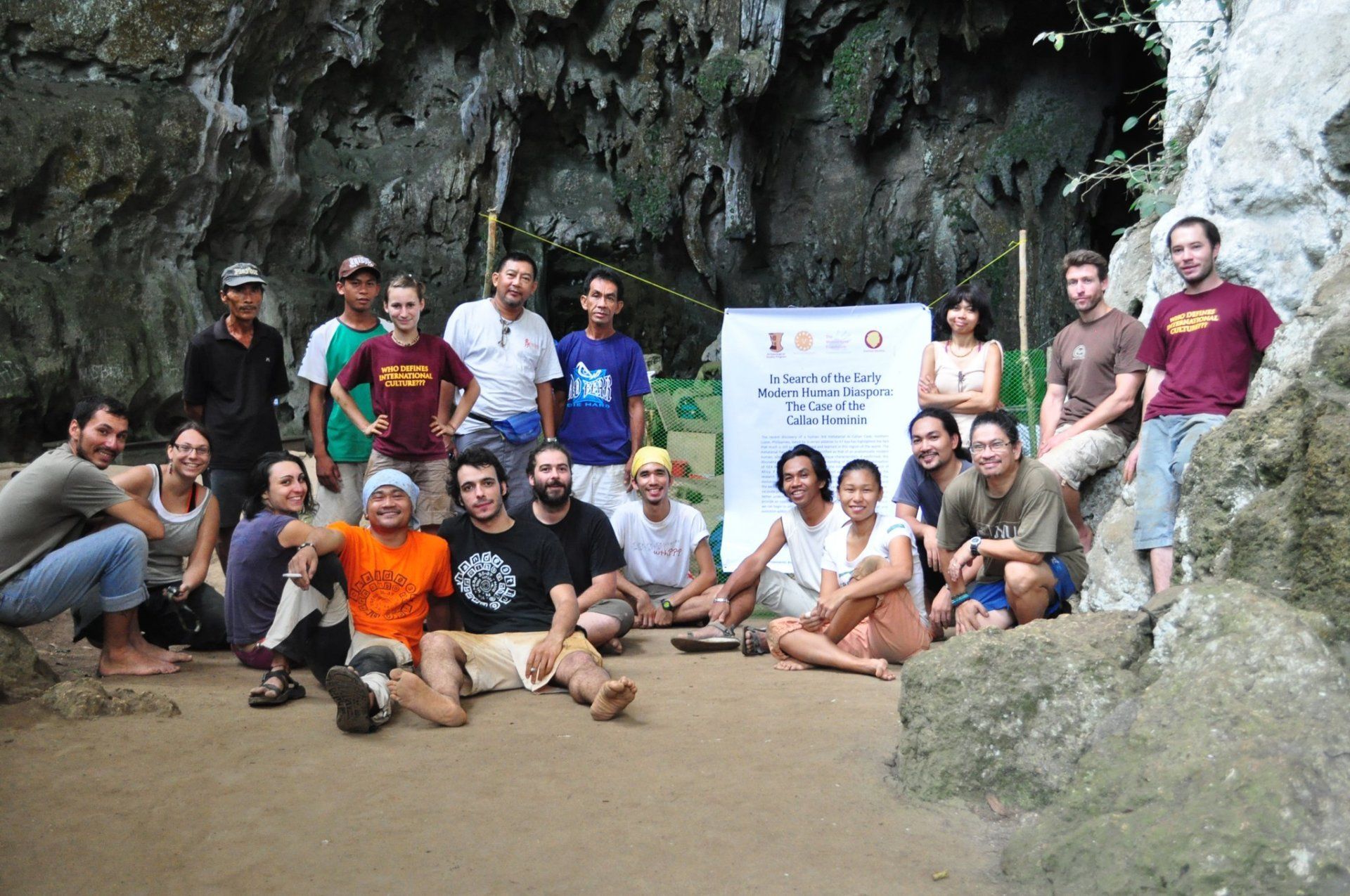THE JOINT DEGREE
THE IMQP DEGREE
The IMQP Master’s program awards a Joint Degree (Master in Quaternary and Prehistory)
signed and recognized by all European partner institutions: UNIFE, URV, MNHN, and IPT. Students who complete a minimum of 60 ECTS at UP Diliman will also receive the Filipino Master’s degree. Additionally, students may request a national degree from their first hosting institution.
The official languages of the Joint Degree are Italian, English and French. A Joint Diploma Supplement in English is provided to all graduates, facilitating international academic and professional mobility.
The Joint Degree qualifies graduates to enroll in PhD programs.
Career opportunities
The master's program provides access to doctoral studies, a path naturally chosen by many students aiming for a research career. However, there are also numerous other potential career opportunities:
- Directors and Curators of museums specializing in prehistory, natural sciences, or archaeology, where the program’s interdisciplinary approach provides a significant advantage.
- Researchers and Professors at universities or public and private research centers.
- Directors of Emergency and Preventive Excavations, overseeing projects tied to the construction of major public infrastructure.
- Educational Service Managers for museums and archaeological parks.
- Cultural Heritage Management Experts, employed by public administrations responsible for cultural affairs.
- Collection Management and Cataloguing Specialists, ensuring proper documentation and preservation of artifacts.
- Consultants for National Authorities, advising on public building projects and conducting risk assessments.
- 3D Technology Experts, skilled in topographic surveying of large areas and rendering archaeological objects.
- Specialists in Site Planning and Documentation, focusing on archaeological sites and excavation projects.
- Science Communicators and Mediators, dedicated to disseminating scientific knowledge.
- Heritage Tourism Development Officers, fostering tourism initiatives around cultural assets.
- Research Technicians and Laboratory Assistants, supporting scientific studies and experiments.
- Scientific Editors and Journalists, crafting content for academic and public audiences.
- Teacher Trainers, preparing educators in fields related to archaeology, prehistory, and cultural heritage.
